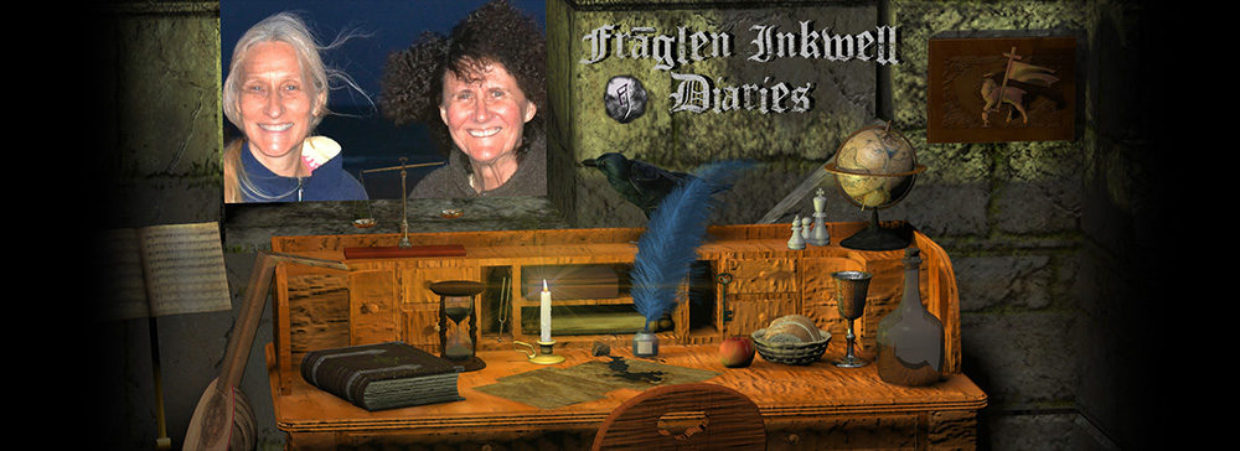How long, O Lord? Will you forget me forever?
Psalm 13:1a

“So doth God with his saints, and with those that be
in league with him; he withdraweth himself oft, and
keeps aloof oft for a long time together to try what
they will do, and what courses they will take when
God seemeth to break with them and to leave them in the suds,
as we say; amist many difficulties much perplexed, as
it was with David at this time. “
-Thomas Gataker (1574-1654)
How long will you hide your face from me?
Psalm 13:1b

“Though it be proper to know our own hearts, for the purposes
of conviction, yet, if we expect consolation from this quarter,
we shall find ourselves sadly disappointed. Such, for a time, appears
to have been the case of David. He seems to have been in great
distress; and as is common in such cases, his thoughts turned
inward, casting in his mind what he should do, and what would be the end of things. While thus exercised, he had sorrow in his
heart daily; but, betaking himself to God for relief, he succeeded,
trusting in his mercy, his heart rejoiced in his salvation. There
are many persons, who, when in trouble, imitate David in the former part of this experience: I wish we may imitate him in the latter.”
Andrew Fuller (1754-1815)
How long must I wrestle with my thoughts

and every day have sorrow in my heart? Psalm 13:2a

How long will my enemy triumph over me? Psalm13: 2b

Look on me and answer, O Lord my God.
Give light to my eyes, or I will sleep in death; Psalm 13:3
.

my enemy will say, “I have overcome him,”
and my foes will rejoice when I fall. Psalm13:4

But I trust in your unfailing love;

my heart rejoices in your salvation. Psalm 13: 5


I will sing to the Lord,
for he has been good to me. Psalm 13:6

“Faith keeps the soul from sinking under heavy trials, by bringing
in former experiences of the power, mercy, and faithfulness of God to the afflicted soul. Hereby was the Psalmist supported in distress.
Oh, saith faith, remember what God hath done both for thy outward and
inward man: he hath not only delivered thy body when in trouble, but
he hath done great things for thy soul; he hath brought thee out of
a state of black nature, entered into a covenant relation with thee,
made his goodness pass before thee; he hath helped thee to pray, and
many times hath heard thy prayers and thy tears. Hath he not formerly
brought thee out of the horrible pit, and out of the miry clay, and
put a new song in thy mouth, and made thee to resolve never to give way to such unbelieving thoughts and fears again? and how unbecoming is it for thee now to sink in trouble?
John Willison (1680-1750)
